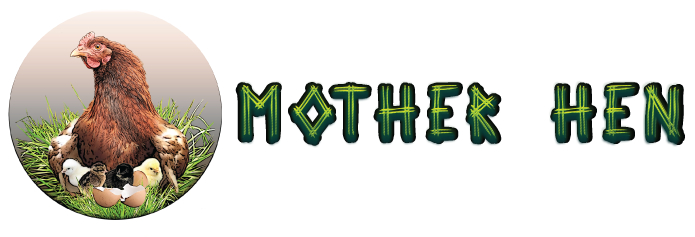Issue: November 2023
Balance
Being a parent is hard work. We know that balancing everything life has to offer can be a challenge. As such we decided to do a series on Balance. Here you will be able to find tips to help you balance life a little better. We would love to hear how these tools and tips are working for you once you have implemented them (info@2motherhens.com).
Welcome to the third installment of the BALANCE series:
Cont’d: Discipline and Consistency in Child Rearing
As a recap, these were the topics we touched upon in the last issue:
- Consequences of Consistency vs. Inconsistency
- Being proactive
- Implementing Consistency and Structure
- Starting Small!
- Visual Cues
- Start routines!
- Independence
- Negotiations
**Consistency is one of the most important aspects of effective parenting**
Choose Action Over Talking:
Make sure the child knows the expectation and act accordingly when it is not followed.
Do not remind them multiple times when they are acting out. When you act, instead of talk, your words have meaning/power!
Make consequences appropriate to the misdeed.
When disciplining your children you are to use a calm but authoritative voice.
Once the consequence has been given, whether cleaning the water they spilled out the bathtub or throwing food on the floor, the child should complete that task because it is a non-negotiable expectation.
If the child is having a meltdown then that behavior is dealt with first. When the child is calm, the consequence should be completed by the child.
Make some rules and bend SOME of them, but only rarely:
Flexibility is important but should not undermine your consistency. Sometimes rules need to be bent but choose those times carefully. Explain the reason for the change to the child and help them understand (for e.g.: an eclipse might need to alter a routine but is a rare event that should be experienced).
Article on the proper way to use time-out as a behavior modification tool:
https://www.parentingforbrain.com/time-out-for-toddler/
Changes in Routine:
- Make sure you share those changes ahead of time in a clear, age-appropriate way. Give them enough information so they are at ease and allow for questions.
Prevention of Tantrums and Unwanted Behaviors:
- When kids act out (5 out of 10 on the bad behavior scale) for attention and the parents engage with the child instead of setting firm limits and consequences, that action is not acceptable, it reinforces the negative behavior because they get the attention they want.
- If the child does this same behavior again to get attention and then their parent reprimands them, it does not extinguish the behavior. In fact, the child will increase their behavior to a 7 or 8 to see if they can get the attention they were initially seeking from the parent.
- If the parent is consistent with the consequences and reprimands the child will eventually learn that the behavior does not get them the attention they want and the behavior will finally extinguish.
- E.g. When a child begins to pretend to choke or rock their chair at the dinner table for attention. The caregiver needs to give a warning about the behavior and what the consequence is if the behavior continues. If the behavior continues, consequences should be implemented.
- E.g. When adults are talking/engaging in any activity that the child disrupts because they want attention, calmly explain to the child that they need to wait until the action is finished and then the child will get a chance to talk. This teaches the child patience and respect for others/adults.
- This would be a bad time to engage with the child as it will reinforce the behavior of interrupting when they so choose.
- If there is more than one caregiver, refrain from using language that pits you against one another.
Empathy:
Toddlers have a budding awareness of others but are self-centered. It’s for this reason that they struggle with empathy — they don’t understand that others react negatively to pain or frustration. This also explains why a toddler may react inappropriately to another child’s emotions, like laughing when a playmate pinches his hand in the toy chest.
Below is an article to help toddlers develop empathy.
https://www.zerotothree.org/resources/5-how-to-help-your-child-develop-empathy
Article on the Different Parenting Styles and the long-term consequences:
https://www.verywellmind.com/parenting-styles-2795072
And again…..
BE CONSISTENT:
This step is key! You must consistently enforce whatever rules you create so your kids know exactly what is expected. If you allow your kids to break the rules, even once, they will know now that if they push and push they may get their way. So, BE CONSISTENT! Remember that they are in place for a reason.
Donations
Mother Hen is passionately committed to lending a helping hand to the underserved within the communities we serve. We are appreciative of any and all donations provided here. These donations will be used in entirety to provide services for underserved families as well as fulfill other specific outreach needs.
Outreach Initiatives:
- Community If your business would like to become a corporate sponsor and join us in supporting the community, please contact us directly.
- Family ServicesYour family service donation will directly help a family receive professional parental coaching sessions or services in navigating the school system to get the proper accommodations for their child to succeed academically.
- Corporate SponsorIf your business would like to become a corporate sponsor and join us in supporting the community, please contact us directly.
